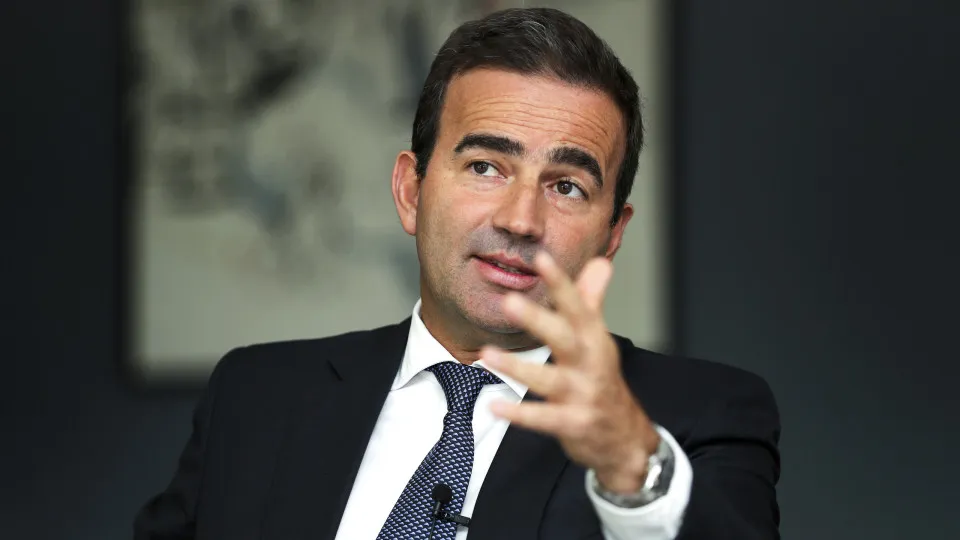
“Tomorrow we close the interconnected celebrations of the 50th anniversary of April 25th and the Independence of Angola. It will be a memorable day. Despite the colonial past, the war, and all the turbulence following independence, we have managed to build a relationship based on equality and mutual respect. We should be proud of this journey,” stated the diplomat during a meeting with the Portuguese community.
Francisco Alegre Duarte highlighted “the proximity and understanding of the significance of Portugal’s presence in Angola,” demonstrated by the President of the Republic, Marcelo Rebelo de Sousa, who arrived in Angola today and whose stance “is respected, appreciated, and reciprocated by the Angolan people, who affectionately call him Ti Celito.”
The ambassador mentioned two landmarks he considered of “historical significance” within the framework of the joint celebrations of the 50th anniversary of April 25th and Angola’s independence: the rehabilitation of the Fortaleza de São Francisco do Penedo in Luanda, and the restoration of the Portuguese military plots at the Sant’Ana cemetery.
Regarding the fortress, he recalled that “over the centuries, this monument served as a fort, a customs house, a slave depot, and a prison, and will soon house the Museum of the Struggle for National Liberation, in a project supported by the Portuguese Government.”
On the rehabilitation of the military plots, the diplomat expressed gratitude for “the generosity of President João Lourenço,” adding: “We did not just rescue those plots from oblivion and neglect. We achieved reconciliation among men, including those who fought, by honoring the memory of those who fell for Portugal and for Angola’s independence, hand in hand with our Angolan brothers.”
The ambassador also emphasized the role of the communities of the two countries, noting that “around 130,000 Portuguese reside in Angola and 90,000 Angolans reside in Portugal,” and he pointed out pending challenges, “such as the social security issue, which mainly affects the Portuguese in Angola, and the consolidation of the good integration of both communities.”
“Human mobility, cultural affinities, and economic ties are like the blood running through the veins of our relationship,” he said, noting that more than 5,000 Portuguese companies export to Angola and about 1,250 Portuguese and mixed-capital companies operate in the country, generating trade and investments worth billions of euros annually, creating tens of thousands of jobs here and in Portugal.
Francisco Alegre Duarte, who is completing his mandate, stated that “it has been an honor to serve in Angola,” assuring that he will not forget “the color of this land, the generosity of the Angolan people, and the good friends” he leaves behind.




